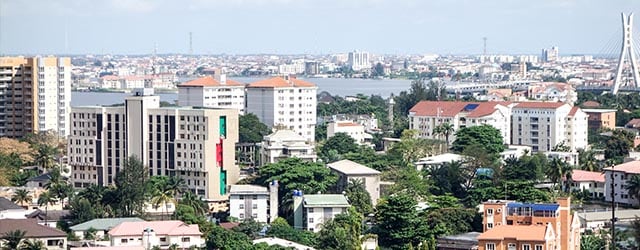No longer just a buzzword bandied about by politicians, diversification is now seen as a key to the future of Africa’s biggest economy, as sinking oil prices have eroded government revenue.

Calls for diversifying the economy are not new in Nigeria, but the current tone is more strident. Oil exports account for 70% of government revenue and about 90% of foreign exchange earnings.
“The urgency of the renewed call is driven by the fact that the price of oil has gone too far south and the funding gap, widened. The government is under pressure to take diversification more seriously,’’ says Patrick Utomi, a political economy professor at Pan-Atlantic University in Lagos.
The government’s 2016 budget, unveiled in December, was dubbed “Budget of Change,” as the administration of president Muhammadu Buhari sought creative ways to fund a deficit of 2.2 trillion naira ($11 billion), or 2.2% of GDP—including cutting waste. Local groups have proposed focusing on everything from mathematics education to cargo airports to small and midsize companies in order to spur diversification.
Seeking to reflate the economy amid a revenue crunch, the government realizes that Nigeria needs to attract foreign investments. But authorities face tough choices. Buhari has opposed calls for further devaluation of the naira, saying it will hurt Nigerians. This, economists warn, could delay investment inflows.
Reserves had fallen by 17.6%, to $28 billion, as of February 2, compared with $34 billion a year earlier.
Utomi, who served as CEO of a local division of Volkswagen in the 1980s, says Nigeria should focus on factor endowments, explore value chains in various sectors and set itself the goal of becoming the best global producer for the international market of any items it chooses. This means revisiting agricultural and solid minerals, which Nigeria had abandoned to embrace oil. For instance, says Utomi, rubber is something Nigeria could return to, striving to produce the best tires available for the global airline industry by attracting investors into the sector.
He suggests that Nigeria, which currently imports refined product and exports crude oil, could also dot its coasts with small-scale refineries to export refined products to the West African subregion, producing revenue and creating jobs.



